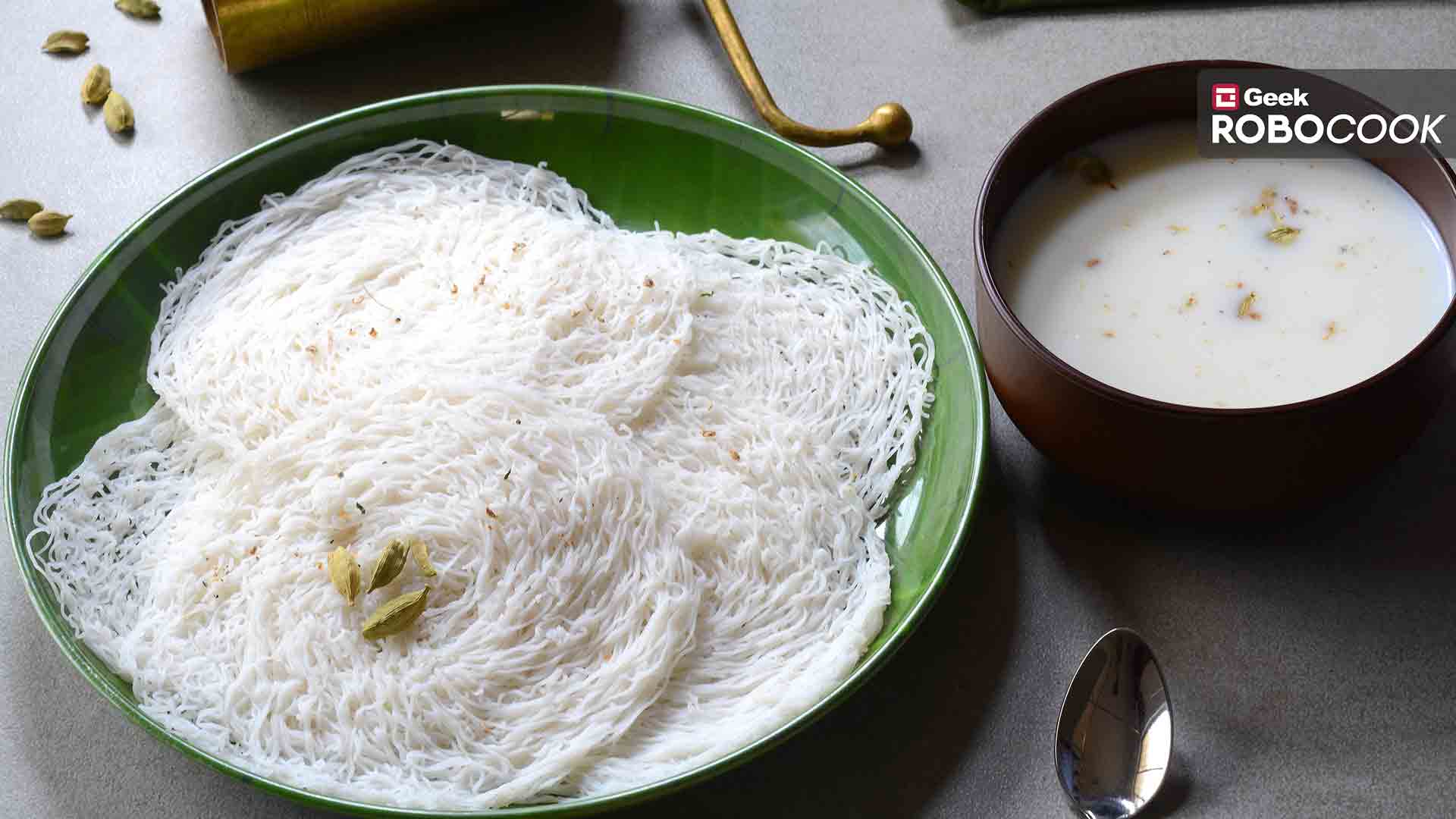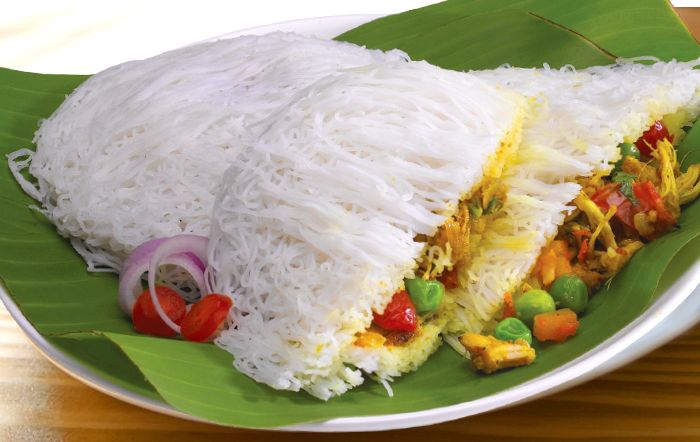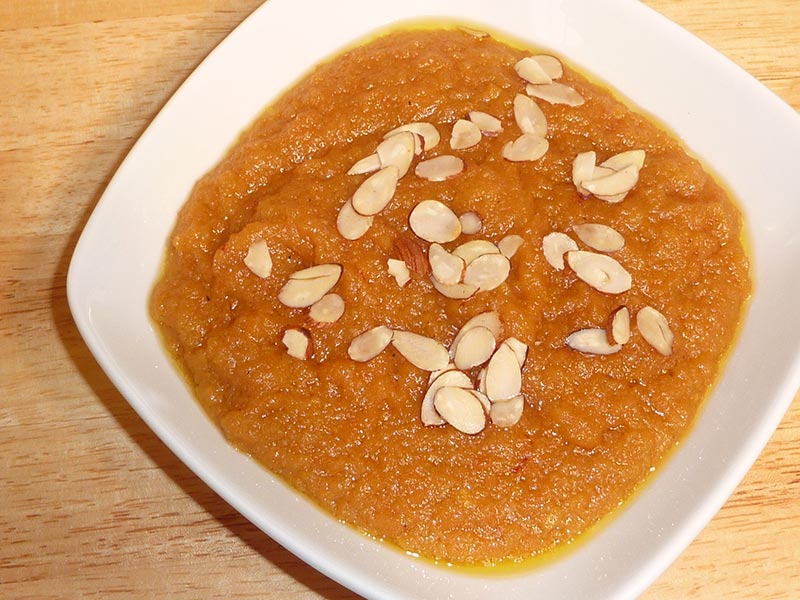
Idiyappam


>A specialty from God’s own Country, Kerala, this light, soft hopper is great with stews and curry’s and is rather versatile in the fact that it can make an appearance at any meal time. But it is most preferred for breakfasts and is made using a special equipment to form the thin strings of rice flour.
Idiyappam also known as string hopper, noolappam or ottu shavige is a rice noodle dish originating from the Indian states of Tamil Nadu, Kerala, and Karnataka. It consists of rice flour pressed into noodles, woven into a flat disc-like shape and steamed. The dish also spread to Southeast Asia, where it is called putu mayam in Malaysia and Singapore, and putu mayang in Indonesia.
Idiyappam is a culinary speciality throughout the Indian states of Tamil Nadu, Kerala, Karnataka and in Sri Lanka. The name idiyappam derives from the Tamil. The Tamil word idi (meaning beat) and appam, (meaning pancake) together forms a new name for the version of Appam dish. The dish is also, frequently, called noolappam or noolputtu, originating from the Tamil and Malayalam word nool, meaning string or thread. In Karnataka, it is known as Ottu Shavige in Kannada and it is also termed semige or semé da addae in Tulu in Mangalore and Udupi. In Karnataka distinction between Ottu Shavige (unbroken shavige) and shavige is made based on different recipes. In Mangalore and Udupi it is eaten with Tuluva chicken or fish curry, and a coconut milk dish called rasayana. It is also a common breakfast item in Malaysia & Singapore, where it is called Puttu Mayam, typically served with brown sugar and grated coconut.



